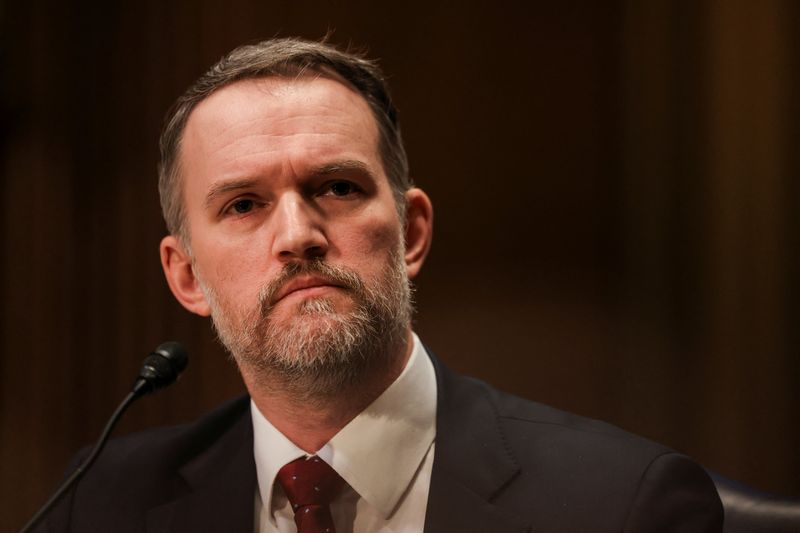Capital refers to the financial assets that a company or business owns. For companies, having capital is crucial in daily operations. Mostly, it comes in the form of funds and physical assets that companies use. Sometimes, however, it may also come in the form of a company’s workforce as human capital.
There are many differences between physical and human capital. It is crucial to understand what these are and how they differ from each other.
What is Human Capital?
Human capital refers to the economic value of the workforce that works for a company. It may include things such as workers’ experience, skills, education, training, etc. However, like physical assets, human capital is not tangible. While a company’s workforce has a physical existence, their skills and experience are intangible assets, which is what companies value.
Unlike physical capital, companies cannot recognize human capital in their financial statements. There are several reasons for that. Primarily, it is because the workforce isn’t an asset that companies own or control. On top of that, it is not possible for companies to measure the value of human capital. Therefore, they cannot recognize it on their Balance Sheets.
Despite that, human capital can bring value to any company. Most companies thrive to improve the working conditions for their employees to improve their performance. Therefore, they invest in their human capital by training and educating them. Usually, human capital is associated with more productivity which can lead to higher profitability.
What is Physical Capital?
Physical capitals include all tangible assets that companies own. These may consist of property, plant, equipment, inventory, cash, etc. Physical capital only includes man-made items. Therefore, capital such as human capital and natural resources are not a part of it. Usually, companies acquire or obtain these as a part of their business transactions.
Physical capital is crucial in running companies. Almost every business will have physical capital. Unlike human capital, the value of physical capital is measurable. Similarly, it represents resources that companies own or control. Therefore, they must recognize it in their Balance Sheets. The recognition criteria may differ according to a company’s policies.
Physical capital, like human capital, can add significant value to a company and its operations. Companies don’t need to bear continuous improvement costs on some of the assets within physical capital. However, it may come with higher initial costs for companies.
What are the differences between Human and Physical Capital?
There are several differences between human and physical capital. These include the following.
Source
Human capital comes due to the workforce that a company has. On the other hand, physical capital comes from any assets produced by humans.
Tangibility
Human capital is intangible as it represents the experience, skills, and other aspects of a workforce. Physical capital usually includes tangible assets.
Transactions
Human capital does not come as a result of a company’s transactions. Neither can companies sell or buy it. However, physical capital comes from a company’s transactions and can be sold and purchased.
Reporting
Companies cannot report their human capital on their financial statements. However, physical assets are a part of companies’ Balance Sheets.
Conclusion
Companies need both human and physical capital to operate. However, both of these are different. Human capital represents the experience, skills, talents, etc., of a company’s workforce. On the other hand, physical capital represents man-made assets.
Further questions
What's your question? Ask it in the discussion forum
Have an answer to the questions below? Post it here or in the forum


